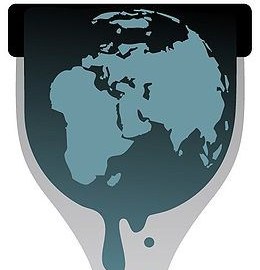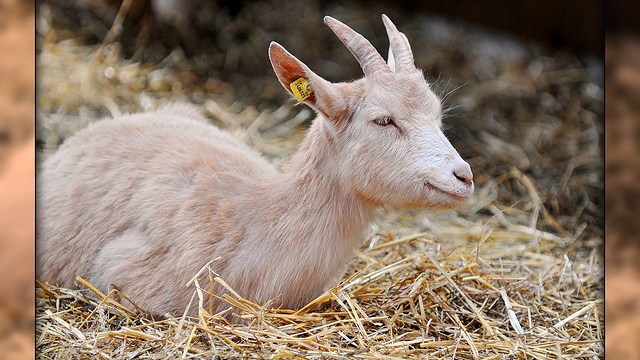Down the Rabbit Hole: Finding ‘Evidence’ of WikiLeaks’ Crime—Part II of II

Building on yesterday’s post, today I examine some more implications of the claim made by The Times of London that it found the names of Afghan informants in the secret war logs released by WikiLeaks. In particular, what is the veracity of The Times’ claims? And what about the moral culpability of newspapers who have criticized WikiLeaks, but also cooperated in the release of allegedly harmful information.
The Times of London said it found Afghan informant identities in files released by WikiLeaks in two hours. Really, two hours? The New York Times, The Guardian and Der Spiegel each had a month with the data and found nothing of similar magnitude, not to mention the time WikiLeaks spent reading and searching the data. Why hasn’t The Times of London been specific about which reports contain this alleged information? The records are public, after all. And if their intent is to protect those named in the reports, why haven’t they cooperated with official sources like the Pentagon so that charges can be brought against WikiLeaks either in a domestic American court or an international court with broader jurisdiction? For all the talk of right and wrong, nobody has been very willing to go after the wrongdoer. Julian Assange has appeared on the NBC’s Today Show with Meredith Vieira and sat for interviews with CNN. He isn’t exactly keeping a low profile, hoping that this charge will just blow over. Some would say he enjoys the limelight. Whether he does or doesn’t, why haven’t charges been brought? It’s strange that the obvious answer sounds almost conspiratorial—that no Afghan informant names were released and these accusations are an extension of a bankrupt Western press in coordination with hypocritical governments.
Another way in which the Western press often seems bankrupt, besides its failure to fact check important assertions, is morally so, particularly The New York Times. The Times’ moral stance against WikiLeaks publication was not linking to the documents in its story on them. Assange was correct to call this behavior ‘pusillanimous’. If The Times feels it is operating in a vague moral world as it acts as a conduit for information that might or might not serve the public, fine, but if it says it objects to WikiLeak’s release of the documents (which was in large party the story of the WikiLeaks release), then have a little backbone, why don’t you?
The point goes toward a larger one, that of moral responsibility. Merely reporting on an issue that is surrounded by moral questions isn’t good enough anymore. Perhaps it was at one time, but today (as I’ve documented) when organizations use news media as a medium to fight public opinion wars, an ‘objective’ telling of events is most likely the least true.





